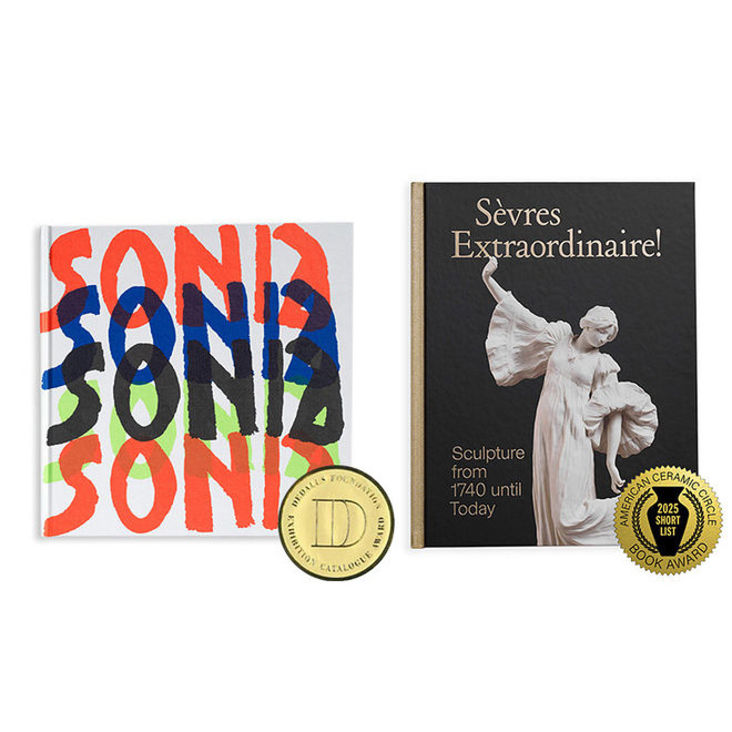
During July, Bard Graduate Center hosted the National Endowment for the Humanities Summer Institute American Material Culture: Nineteenth-Century New York for the fourth time. Eighteen college and university educators from across the country participated in this rigorous four-week program about the history of New York City and the use of material culture in research and teaching. The NEH Summer Institute’s co-directors were Catherine Whalen, associate professor at Bard Graduate Center, and Kasey Grier, professor of history at the University of Delaware.
Guest faculty shared their expertise in material culture studies, art and architectural history, historical archaeology, Asian-American history, African-American history, visual culture, and digital humanities. Among these distinguished professors were Bernard Herman from the University of North Carolina at Chapel Hill, Ned Cooke from Yale University, Jack Tchen from New York University, independent scholar Cynthia Copeland, and Josh Brown from CUNY Graduate Center. BGC faculty members Ivan Gaskell and Michele Majer also offered their insights on museum studies and fashion history while Jesse Merandy, director of the Digital Media Lab, showcased innovative online platforms, and Marianne Lamonaca, associate gallery director, led an in-depth tour and discussion of exhibitions and related programs. In addition, Summer Scholars participated in special workshops and behind-the-scenes tours with curators at The New-York Historical Society, Museum of the City of New York, Metropolitan Museum of Art, American Museum of Natural History, Tenement Museum, Museum of Chinese in America, Weeksville Heritage Center, and Yale University Art Gallery.
Summer Scholars unanimously described American Material Culture: Nineteenth-Century New York as a transformational
experience that energized their scholarship, teaching, and professional
development. A Summer Scholar explained,
“This Institute will broaden the types
of evidence that I use in my scholarship, making it more interdisciplinary and
relevant to scholars from different fields. Prior to this program, I felt
rather limited in the types of approaches and materials that I was ‘allowed’ to
use in my work. Now that I have a wider set of theoretical approaches,
vocabularies for addressing other knowledge sets, I will be bolder in my
research and be able to advocate for a similarly accessible approach when I
work with students.” One Summer Scholar commented, “I cannot overstate the
value of this experience in focusing my research, supporting my teaching, and
helping me to network effectively across disciplinary and institutional
differences,” while another remarked, “The modeling, field trips,
conversations and conferences will remain with me and help my pedagogy for
years to come.”
— Catherine Whalen, Associate Professor
About the
National Endowment for the Humanities:
Created in
1965 as an independent federal agency, the National Endowment for the
Humanities supports research and learning in history, literature, philosophy,
and other areas of the humanities by funding selected, peer-reviewed proposals
from around the nation. Additional information about the National Endowment for
the Humanities and its grant programs is available at: www.neh.gov.











